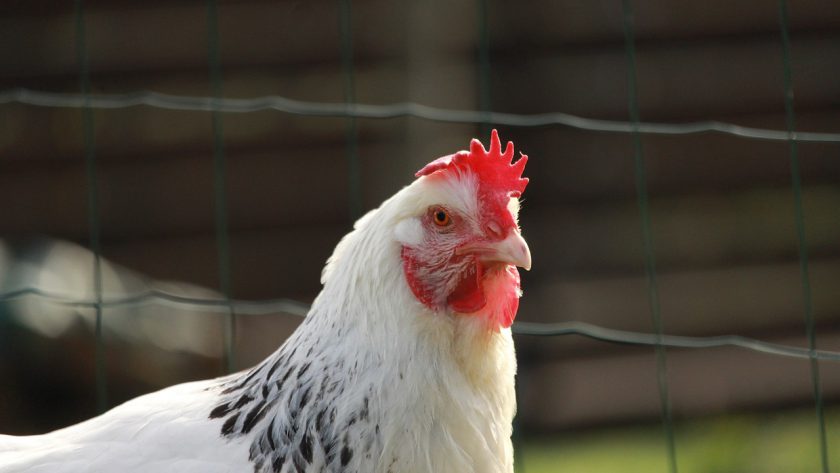Raising chickens in Texas is similar to raising chickens in other regions, but there are a few considerations specific to the Texas climate.
Here are some steps to help you get started:
- Check local regulations: Before getting chickens, check the local regulations, zoning laws, and homeowner’s association rules in your area. Ensure that raising chickens is allowed and familiarize yourself with any restrictions or permit requirements.
- Choose the right chicken breed: Select chicken breeds that are well-suited to the Texas climate. Consider breeds that are heat-tolerant and have good foraging abilities. Some suitable breeds for Texas include Rhode Island Reds, Barred Plymouth Rocks, and Sussex.
- Provide a suitable coop and run: Build or purchase a chicken coop that provides adequate space for your chickens to live comfortably. The coop should protect them from predators, provide proper ventilation, and have nesting boxes for egg-laying. The run or outdoor area should be securely fenced to prevent chickens from wandering off and protect them from predators.
- Provide shade and ventilation: Texas can have hot summers, so it’s important to provide shade for your chickens. Use shade cloth, plant trees, or create shaded areas in the chicken run or coop. Ensure there is proper ventilation to allow air circulation and reduce heat stress.
- Provide fresh water: Chickens need access to clean, fresh water at all times. Consider using automatic waterers or provide multiple water stations to ensure they stay hydrated, especially during hot Texas summers.
- Feed and nutrition: Offer a balanced diet that includes high-quality chicken feed appropriate for their age and purpose (laying or meat). Supplement their diet with kitchen scraps, grains, greens, and insects. Ensure a good balance of protein, vitamins, and minerals.
- Health care and biosecurity: Monitor the health of your chickens regularly. Provide regular veterinary care, vaccinations if needed, and maintain good hygiene in the coop and run. Practice biosecurity measures to minimize the risk of diseases, including proper cleaning and disinfection routines.
- Predator protection: Texas has various predators, such as raccoons, coyotes, and snakes, that may pose a threat to chickens. Secure the coop with sturdy fencing, bury the wire to deter digging predators, and use hardware cloth or mesh to cover windows and vents.
- Learn about chicken behavior and care: Educate yourself about chicken behavior, basic care, and common issues. Understand their needs for social interaction, roosting, dust-bathing, and egg-laying.
- Join local chicken communities: Connect with local chicken enthusiasts, join online forums, or attend local workshops to learn from experienced chicken keepers in your area. They can provide valuable advice and support tailored to Texas-specific challenges.
Remember, responsible chicken-keeping requires commitment, time, and effort. By providing proper care, a suitable environment, and attention to their well-being, you can enjoy the benefits of raising chickens in Texas.










